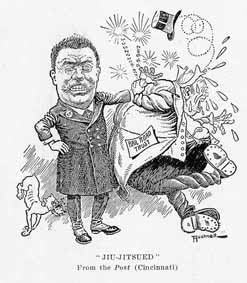Why is our electrical system resisting open source?


Why is the smart grid resisting open source?
As Katie Fehrenbacher notes at Earth2Tech, the only major proponent is the U.S. Department of Energy, whose labs have used it to test designs before they're implemented.
Vendors all have their excuses (it's risky, we like our vendors, we want to maximize profit from anything we install) but I suspect something else is in play.
No one is making them do it.
There are some great tools coming. OpenADR from the Berkeley National Laboratory. The OpenADE interfaces from OpenSG. OpenPDC, developed by the Tennessee Valley Authority.
Open source, and open processes, deliver open standards that make solutions more affordable. Yet utility companies resist, and so far they are getting away with that resistance.
The GigaOm report was put together by Jeff St. John (not the self-help author, not the musician), a fine writer who understands the urgency of the problem. We may be at peak oil, but electrical grids run on coal, and there is plenty of coal to fry this globe to a cinder, if utilities are allowed to burn it.
The fact is that electric utilities are not just "private businesses." They are regulated entities, given monopoly status, built by the forced payments of customers over decades. (Like the phone and cable companies.)
There is a bargain inherent in that status, one that goes back to the 19th century. Your scope of control can be limited by the needs of the public interest.
The only reason utilities get away with ignoring this bargain is because the Administration is not pushing them on it. Republicans seem to believe Jay Gould and Jim Fisk were terribly put upon by that mean General Grant and the Panic of 1873 was some sort of natural disaster. (Just like the one we're now going through.)
My personal blog takes a different, more urgent view. There is a basic conflict in our economy between the idea that energy comes from resources and one that energy comes from devices which can harness the energy all around us.
This conflict has yet to be engaged by policymakers. I sometimes think of it as an Ace kicker in the poker hand of any politician willing to play it. (The incumbent is a poker player, as this guy was.)
The refusal by utilities to consider using open standards and open source in upgrading their plant is the canary in the coal mine of this whole crisis. It's as obvious in its way as the BP oil spill. At some point we either confront this threat to our economic future or let short term interests define it for us.
Which explains the picture at the top of this post, a cartoon originally published in the Cincinnati Post over a century ago.